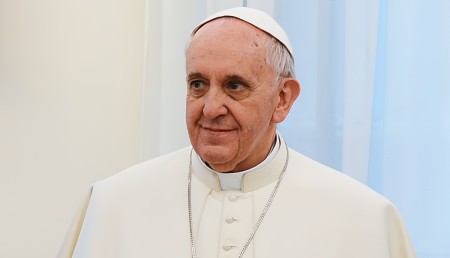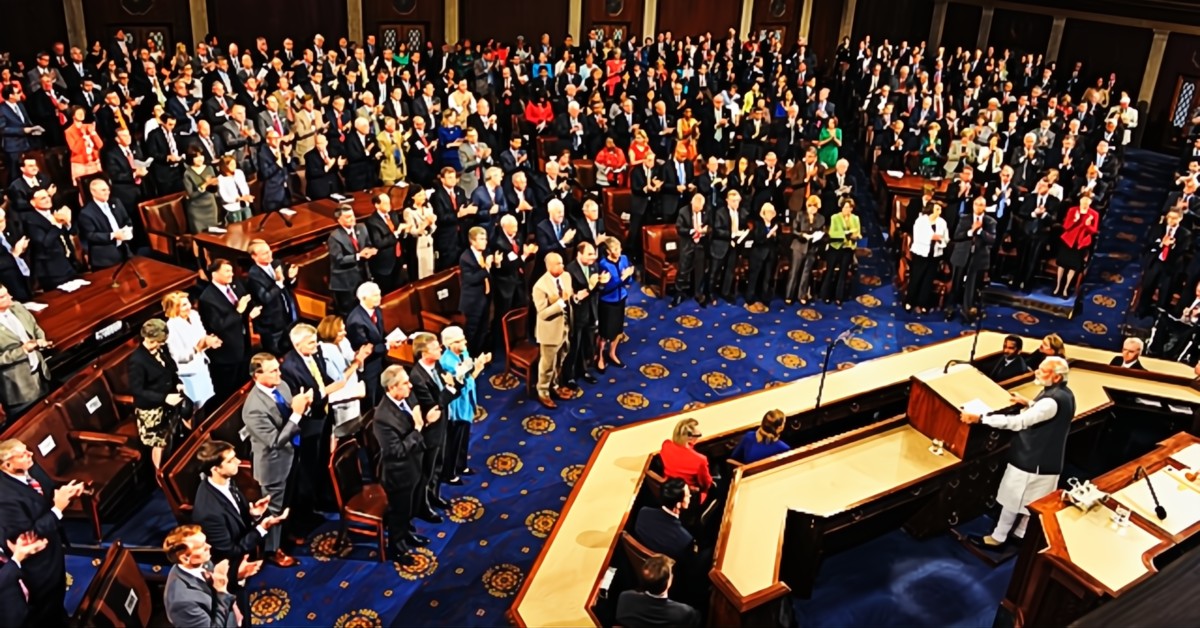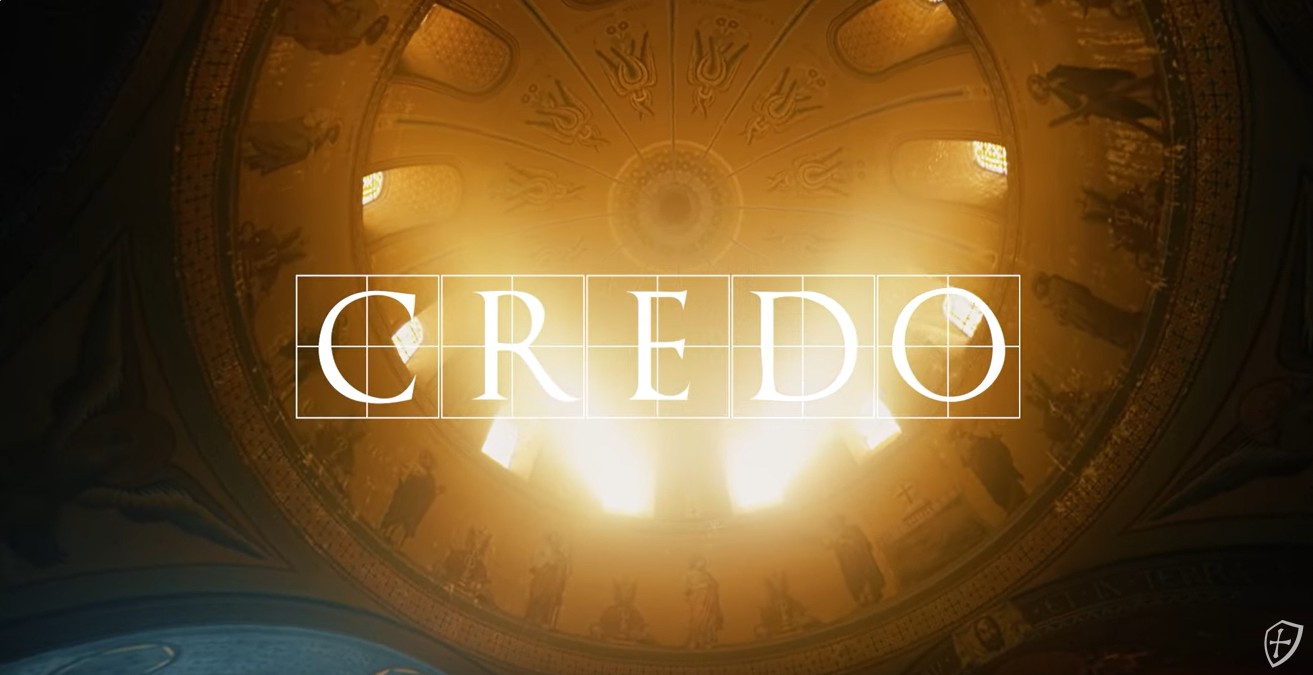 Dear readers, Catholic Online was de-platformed by Shopify for our pro-life beliefs. They shut down our Catholic Online, Catholic Online School, Prayer Candles, and Catholic Online Learning Resources—essential faith tools serving over 1.4 million students and millions of families worldwide. Our founders, now in their 70's, just gave their entire life savings to protect this mission. But fewer than 2% of readers donate. If everyone gave just $5, the cost of a coffee, we could rebuild stronger and keep Catholic education free for all. Stand with us in faith. Thank you. Help Now >
Dear readers, Catholic Online was de-platformed by Shopify for our pro-life beliefs. They shut down our Catholic Online, Catholic Online School, Prayer Candles, and Catholic Online Learning Resources—essential faith tools serving over 1.4 million students and millions of families worldwide. Our founders, now in their 70's, just gave their entire life savings to protect this mission. But fewer than 2% of readers donate. If everyone gave just $5, the cost of a coffee, we could rebuild stronger and keep Catholic education free for all. Stand with us in faith. Thank you. Help Now >
Kansas Bishops Address Voting as Faithful Catholics
FREE Catholic Classes
"What could possibly be a proportionate reason for the more than 45 million children killed by abortion in the past 35 years? Personally, we cannot conceive of such a proportionate reason."
Highlights
Catholic Diocese of Kansas City-St. Joseph (www.diocese-kcsj.org/)
9/18/2008 (1 decade ago)
Published in Politics & Policy
KANSAS CITY, KS (Archdiocese of Kansas City- St. Joseph) - The Most Reverend Joseph F. Naumann and the Most Reverend Robert W. Finn issued a Joint Pastoral Letter to the faithful in Northwestern Missouri and Northeastern Kansas. Catholic Online presents this well reasoned and clear presentation of the teaching of the Catholic Church for all of our readers in our continued effort to equip all Catholics, other Christians and all people of faith and good will to exercise what our U.S.Bishops have rightly called "Faithful Citizenship".
Our Moral Responsibility as Catholic Citizens
Dear Friends in Christ,
With the approaching general election this November, we believe this to be an important moment for us to address together the responsibility of Catholics to be well informed and well formed voters.Except for the election of our next President, the people of Northwestern Missouri and Northeastern Kansas will be choosing different candidates for different offices in our two dioceses. Yet the fundamental moral principles that should guide our choices as Catholic voters are the same.
For generations it has been the determination of Catholic Bishops not to endorse political candidates or parties. This approach was initiated by Archbishop John Carroll - the very first Catholic Bishop serving in the United States. It was long before there was an Internal Revenue Service Code, and had nothing to do with a desire to preserve tax-exempt status. Rather the Church in the United States realized early on that it must not tether the credibility of the Church to the uncertain future actions or statements of a particular politician or party. This understanding of the Church's proper role in society was affirmed in the Second Vatican Council's Pastoral Constitution on the Church in the Modern Word: "The Church, by reason of her role and competence, is not identified with any political community nor bound by its ties to any political system. It is at once the sign and the safeguard of the transcendental dimension of the human person."(Gaudium et Spes n.76).
A RIGHT TO SPEAK OUT ON ISSUES
At the same time, it is important to note that the Catholic Church in the United States has always cherished its right to speak to the moral issues confronting our nation. The Church has understood its responsibility in a democratic society to do its best to form properly the consciences of her members. In continuity with the long history of the efforts of American Bishops to assist Catholics with the proper formation of their consciences, the United States Conference of Catholic Bishops (USCCB) this past November issued a statement: Forming Consciences for Faithful Citizenship. In that document our brother bishops took care to note: "This statement is intended to reflect and complement, not substitute for, the ongoing teachings of bishops in our own dioceses and states."
It is in this context that we offer the following reflections to assist the Catholic people of Northwestern Missouri and Northeastern Kansas in forming their consciences in preparation for casting their votes this November.
MANY ISSUES: PRUDENTIAL JUDGMENTS
Every Catholic should be concerned about a wide range of issues. We believe in a consistent ethic that evaluates every issue through the prism of its impact on the life and dignity of the human person. Catholics should care about public policies that:
. promote a just and lasting peace in the world,
. protect our nation from terrorism and other security threats,
. welcome and uphold the rights of immigrants,
. enable health care to be accessible and affordable,
. manifest a special concern for the poor by attending to their immediate needs and assisting them to gain economic independence,
. protect the rights of parents to be the primary educators of their children,
. create business and employment opportunities making it possible for individuals to be able to provide for their own material needs and the needs of their families,
. reform the criminal justice system by providing better for the needs of the victims of crimes, protecting the innocent, administering justice fairly, striving to rehabilitate inmates, and eliminating the death penalty,
. foster a proper stewardship of the earth that God has entrusted to our care.
This is by no means an exhaustive list.
While the above issues, as well as many others, have important moral dimensions, Catholics may and do disagree about the most effective public policies for responding to them. How these issues are best addressed and what particular candidates are best equipped to address them requires prudential judgments - defined as circumstances in which people can ethically reach different conclusions. Catholics have an obligation to study, reflect and pray over the relative merits of the different policy approaches proposed by candidates. Catholics have a special responsibility to be well informed regarding the guidance given by the Church pertaining to the moral dimensions of these matters. In the end, Catholics in good conscience can disagree in their judgments about many aspects of the best policies and the most effective candidates.
THE PRIORITY OF REJECTING INTRINSIC EVIL
There are, however, some issues that always involve doing evil, such as legalized abortion, the promotion of same-sex unions and 'marriages,' repression of religious liberty, as well as public policies permitting euthanasia, racial discrimination or destructive human embryonic stem cell research.A properly formed conscience must give such issues priority even over other matters with important moral dimensions. To vote for a candidate who supports these intrinsic evils because he or she supports these evils is to participate in a grave moral evil. It can never be justified.
Even if we understand the moral dimensions of the full array of social issues and have correctly prioritized those involving intrinsic evils, we still must make prudential judgments in the selection of candidates. In an ideal situation, we may have a choice between two candidates who both oppose public policies that involve intrinsic evils. In such a case, we need to study their approach on all the other issues that involve the promotion of the dignity of the human person and prayerfully choose the best individual.
LIMITING GRAVE EVIL
In another circumstance, we may be confronted with a voting choice between two candidates who support abortion, though one may favor some limitations on it, or he or she may oppose public funding for abortion. In such cases, the appropriate judgment would be to select the candidate whose policies regarding this grave evil will do less harm. We have a responsibility to limit evil if it is not possible at the moment to eradicate it completely.
The same principle would be compelling to a conscientious voter who was confronted with two candidates who both supported same-sex unions, but one opposed abortion and destructive embryonic research while the other was permissive in these regards. The voter, who himself or herself opposed these policies, would have insufŹficient moral justification voting for the more permissive candidate. However, he or she might justify resorting to a write-in vote or abstaining from voting at all in this case, because of a conscientious objection.
In 2004 a group of United States Bishops, acting on behalf of the USCCB and requesting counsel about the responsibilities of Catholic politicians and voters, received a memo from the office of Cardinal Joseph Ratzinger, the future Pope Benedict XVI, which stated:
"A Catholic would be guilty of formal cooperation in evil, and so unworthy to present himself for Holy Communion, if he were to deliberately vote for a candidate precisely because of the candidate's permissive stand on abortion and/or euthanasia. When a Catholic does not share a candidate's stand in favor of abortion and/or euthanasia, but votes for that candidate for other reasons, it is considered remote material cooperation, which can be permitted in the presence of proportionate reasons."
Could a Catholic in good conscience vote for a candidate who supports legalized abortion when there is a choice of another candidate who does not support abortion or any other intrinsically evil policy? Could a voter's preference for the candidate's positions on the pursuit of peace, economic policies benefiting the poor, support for universal health care, a more just immigration policy, etc. overcome a candidate's support for legalized abortion? In such a case, the Catholic voter must ask and answer the question: What could possibly be a proportionate reason for the more than 45 million children killed by abortion in the past 35 years? Personally, we cannot conceive of such a proportionate reason.
TIME FOR CATHOLICS TO EXERCISE MORAL LEADERSHIP
The number of Catholics and the percentage of Catholics in the United States have never been greater. There has never been a moment in our nation's history when more Catholics served in elective office, presided in our courts or held other positions of power and authority. It would be wrong for us to use our numbers and influence to try to compel others to accept our religious and theological beliefs. However, it would be equally wrong for us to fail to be engaged in the greatest human rights struggle of our time, namely the need to protect the right to life of the weakest and most vulnerable.
We need committed Catholics in both major political parties to insist upon respect for the values they share with so many other people of faith and good will regarding the protection of the sanctity of human life, the upholding of the institution of marriage between a man and a woman as the foundation of family life, as well as the protection of religious liberty and conscience rights. It is particularly disturbing to witness the spectacle of Catholics in public life vocally upset with the Church for teaching what it has always taught on these moral issues for 2,000 years, but silent in objecting to the embrace, by either political party, of the cultural trends of the past few decades that are totally inconsistent with our nation's history of defending the weakest and most vulnerable.
Thank you for taking time to consider these reflections on applying the moral principles that must guide our choices as voters. We are called to be faithful Catholics and loyal Americans. In fact, we can only be good citizens if we allow ourselves to be informed by the unchanging moral principles of our Catholic faith. .
Most Reverend Joseph F. Naumann,
Archbishop of Kansas City in Kansas
Most Reverend Robert W. Finn,
Bishop of Kansas City-St. Joseph
Join the Movement
When you sign up below, you don't just join an email list - you're joining an entire movement for Free world class Catholic education.

-

-
Mysteries of the Rosary
-
St. Faustina Kowalska
-
Litany of the Blessed Virgin Mary
-
Saint of the Day for Wednesday, Oct 4th, 2023
-
Popular Saints
-
St. Francis of Assisi
-
Bible
-
Female / Women Saints
-
7 Morning Prayers you need to get your day started with God
-
Litany of the Blessed Virgin Mary
Pope Francis Suffers Fall: A Look at Papal Health and Succession
-

The Erosion of Civility in Congressional Hearings: A Call for Professional Decorum
-

Bishop Strickland and Others Defend Apostolic Tradition in New Documentary on the Church's Enduring ...
-
At Least 25 Dead as Wildfires Continue to Rage Across Los Angeles, Arson Investigations Underway
-
Australian Woman Charged with Torture After Exploiting Child for Donations
Daily Catholic
 Daily Readings for Friday, January 17, 2025
Daily Readings for Friday, January 17, 2025 St. Anthony the Abbot: Saint of the Day for Friday, January 17, 2025
St. Anthony the Abbot: Saint of the Day for Friday, January 17, 2025 Prayer for a Blessing on the New Year: Prayer of the Day for Tuesday, December 31, 2024
Prayer for a Blessing on the New Year: Prayer of the Day for Tuesday, December 31, 2024- Daily Readings for Thursday, January 16, 2025
- St. Fursey: Saint of the Day for Thursday, January 16, 2025
- St. Theresa of the Child Jesus: Prayer of the Day for Monday, December 30, 2024
![]()
Copyright 2024 Catholic Online. All materials contained on this site, whether written, audible or visual are the exclusive property of Catholic Online and are protected under U.S. and International copyright laws, © Copyright 2024 Catholic Online. Any unauthorized use, without prior written consent of Catholic Online is strictly forbidden and prohibited.
Catholic Online is a Project of Your Catholic Voice Foundation, a Not-for-Profit Corporation. Your Catholic Voice Foundation has been granted a recognition of tax exemption under Section 501(c)(3) of the Internal Revenue Code. Federal Tax Identification Number: 81-0596847. Your gift is tax-deductible as allowed by law.








 Daily Readings for Friday, January 17, 2025
Daily Readings for Friday, January 17, 2025 St. Anthony the Abbot: Saint of the Day for Friday, January 17, 2025
St. Anthony the Abbot: Saint of the Day for Friday, January 17, 2025 Prayer for a Blessing on the New Year: Prayer of the Day for Tuesday, December 31, 2024
Prayer for a Blessing on the New Year: Prayer of the Day for Tuesday, December 31, 2024

